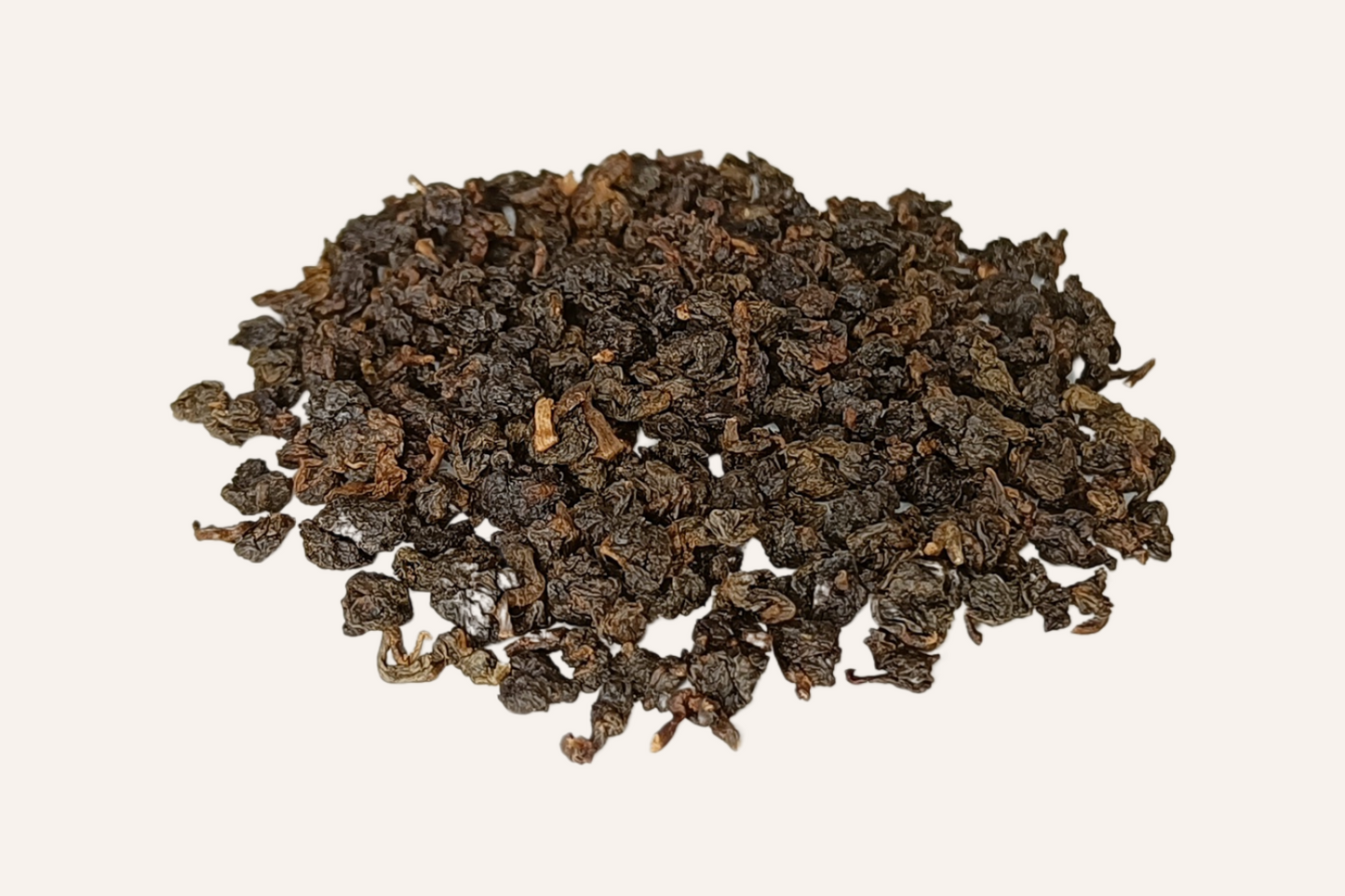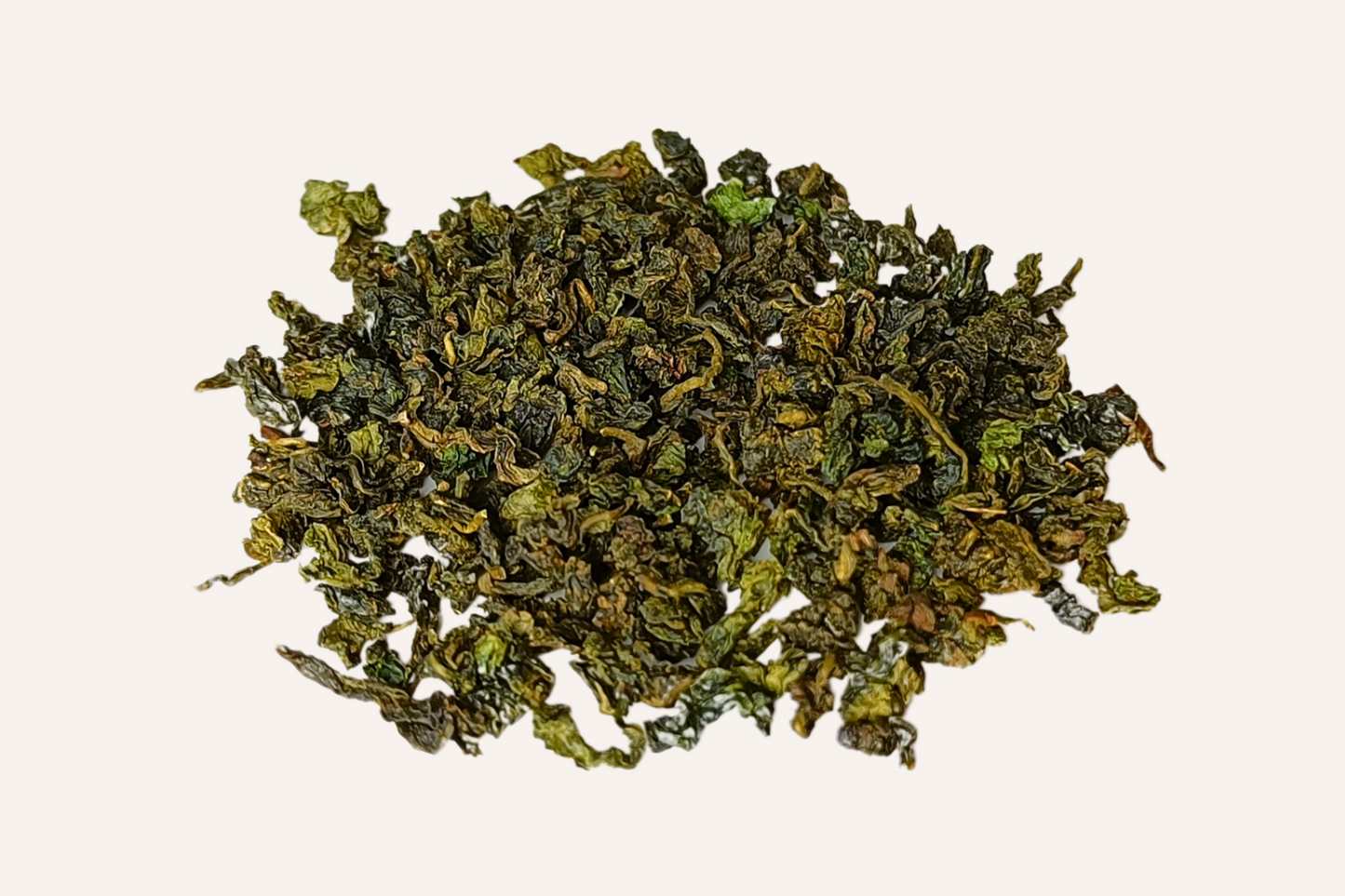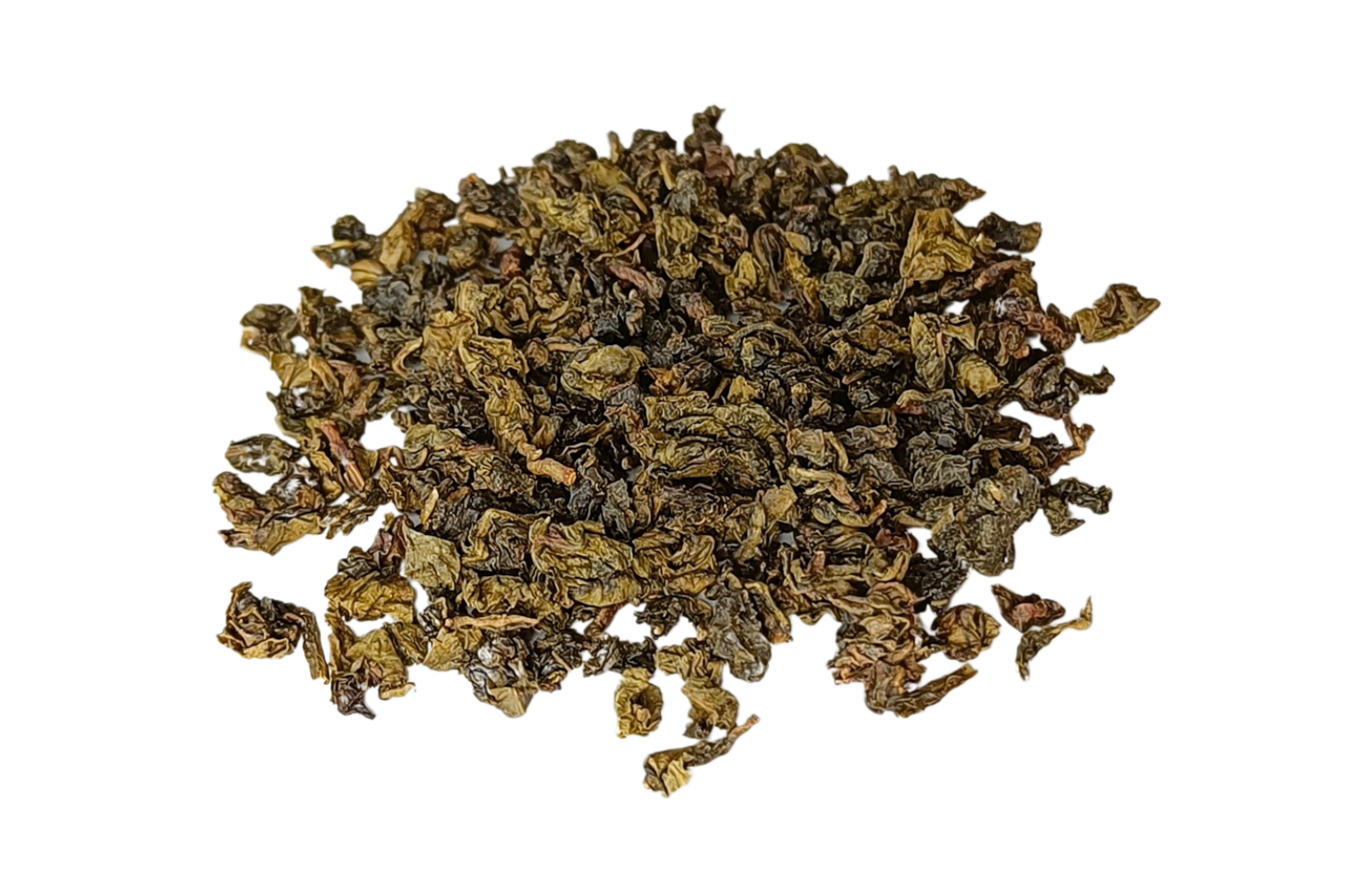In the ancient cultures of Asia, green tea was consumed not only for its refreshing taste, but also for its numerous health benefits.

From the imperial court of China to the tea ceremonies of Japan, green tea has enchanted people for generations with its delicate aroma and health-promoting properties.
In modern times, with the advancement of science and technology, researchers have confirmed this age-old wisdom and discovered even more incredible benefits of green tea.
Whether you're an avid tea drinker or just looking for ways to improve your health, join us to delve into the fascinating world of green tea and discover why it's more than just a hot drink.
1. Antioxidants

Green tea is known for its rich antioxidant content ( source ), especially catechins. These powerful compounds play a crucial role in neutralizing free radicals in the body, which can cause cell damage and contribute to aging and various diseases.
According to WebMD and Healthline , the antioxidants in green tea may also help reduce inflammation and protect cells from damage that can lead to chronic diseases.
2. Heart health
Cardiovascular disease is one of the leading causes of death worldwide. Fortunately, there are foods and drinks, such as green tea, that can help promote heart health ( source ).
Studies have shown that regular consumption of green tea can lead to a reduction in risk factors such as high blood pressure and cholesterol levels. Additionally, studies suggest that green tea may improve the function of blood vessels, contributing to better blood circulation and overall heart health.
3. Weight loss
Weight loss is a common health goal for many, and green tea can be a valuable ally. The combination of catechins and caffeine in green tea can increase metabolism and stimulate fat burning.
Additionally, green tea can also help reduce appetite, which can lead to reduced calorie intake and eventual weight loss ( source ).
4. Cognitive Health

In addition to the physical benefits, green tea can also provide benefits for the mind. The combination of caffeine and L-theanine in green tea can help improve brain function, making you feel more alert and focused.
Healthline points out that green tea may not only help improve working memory, but may also reduce the risk of neurodegenerative diseases such as Alzheimer's and Parkinson's.
5. Skin health
The skin, the body's largest organ, can also benefit from the benefits of green tea. The antioxidants in green tea, especially the polyphenols, may provide protection against harmful UVB rays, which can help prevent skin cancer and premature aging.
According to Medical News Today , studies have also shown that green tea has anti-inflammatory properties, which can help reduce skin irritations and redness.
6. Diabetes
Diabetes, especially type 2, is a growing health problem worldwide. Green tea may play a role in managing and possibly preventing this condition. The polyphenols in green tea can help regulate blood sugar levels and improve insulin sensitivity.
Regular consumption of green tea can lead to a reduced risk of developing type 2 diabetes. However, more research is needed to confirm these findings.
7. Liver health

The liver plays a crucial role in the metabolism and detoxification of the body. Green tea may have protective effects on the liver by reducing inflammation and preventing liver damage.
Although Healthline states that green tea may help reduce the risk of liver disease, it is important to be careful with high concentrations of green tea extract as it can rarely cause liver damage.
8. Oral health
A healthy mouth is more than just a radiant smile. Green tea contains natural fluoride and tannins that can help inhibit the growth of bacteria in the mouth.
This can lead to a reduced risk of tooth decay and bad breath. Additionally, the antioxidants in green tea can also contribute to healthier gums and teeth.
9. Anti-inflammatory Properties
Inflammation in the body can contribute to a range of health problems, from skin irritations to chronic diseases. Green tea is known for its anti-inflammatory properties, which can help reduce inflammation and promote overall health.
The catechins in green tea have powerful anti-inflammatory effects, which can aid in the prevention and treatment of a variety of health conditions.
10. Longevity
Who doesn't want to live longer and healthier? There is some evidence that regular consumption of green tea may be associated with a longer lifespan.
Studies suggest that green tea drinkers have a lower risk of cardiovascular death, which may contribute to extended life expectancy.
Frequently Asked Questions
How many cups of green tea per day?
- It is generally recommended to drink 2-3 cups of green tea per day for optimal health benefits.
When is it best to drink green tea?
- The best time to drink green tea is between meals, for example in the late morning. It is advisable to avoid green tea right before bedtime due to its caffeine content.
What temperature is good for green tea?
- The ideal temperature for brewing green tea is between 75°C and 85°C. Water that is too hot can make the tea bitter.
In a bag or loose tea?
- We recommend using loose tea. With loose tea you can actually see the quality and purity of the tea leaves, which makes for a more authentic and richer taste. Furthermore, it guarantees that your tea is free from unwanted additives that can sometimes be found in tea bags.





